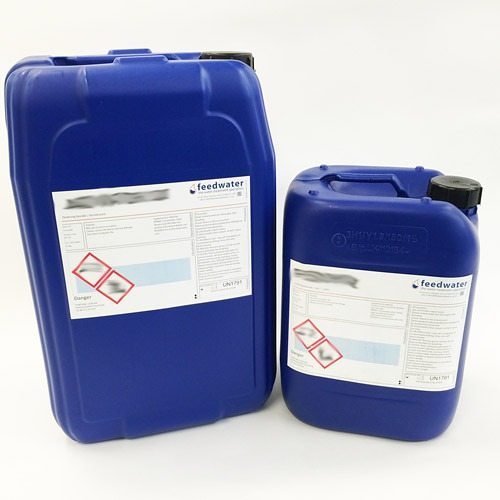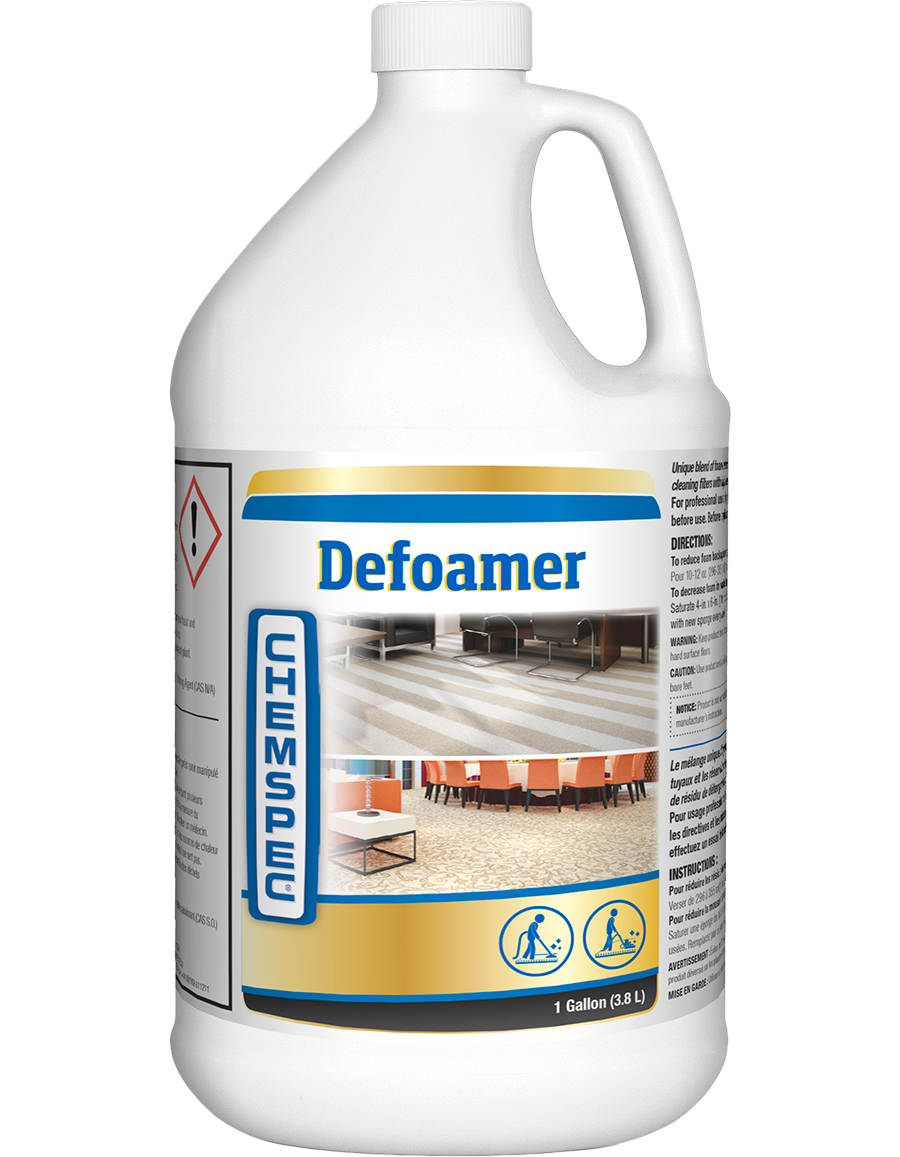The Relevance of Utilizing a Chemical Defoamer in Different Applications
The application of chemical defoamers is an essential factor to consider across numerous industries, including food handling, wastewater treatment, and drugs. These representatives play an essential function in mitigating foam development, which can impede efficiency and concession product high quality.
Understanding Foam Formation
Foam development is a complex physical sensation that happens when gas bubbles are caught within a fluid matrix, leading to the development of a stable structure. This process can be influenced by numerous aspects, including the thickness of the fluid, the surface stress at the gas-liquid interface, and the existence of surfactants. Surfactants reduced the surface area tension, advertising bubble production and stablizing, which often brings about the development of foam in several commercial processes.
Foams are generally encountered in applications such as food manufacturing, wastewater treatment, and chemical manufacturing. In these contexts, foam can act as an insulator, hinder blending procedures, or hinder the efficiency of equipment. The stability of foam is figured out by the balance between the pressures acting to maintain the bubbles and those that promote their collapse.
Understanding the auto mechanics of foam formation is essential for efficiently handling its existence in numerous systems. By understanding the underlying principles, markets can develop approaches to alleviate unwanted lathering, therefore boosting functional effectiveness and product quality. This foundational understanding acts as a precursor to discovering the utility of chemical defoamers, which specifically attend to foam-related obstacles in various applications.
Advantages of Chemical Defoamers
Chemical defoamers use significant advantages across various markets by successfully reducing and managing foam development. Among the main benefits is enhanced functional performance. By lessening foam, chemical defoamers aid keep optimal production rates and minimize downtime connected with foam administration. This is particularly vital in procedures where extreme foam can impede machinery or interfere with process.
Additionally, chemical defoamers add to improved item top quality. Lathering commonly causes variances in formulas, which can detrimentally affect the end product. By managing foam degrees, defoamers make sure uniformity, thereby boosting the total high quality of the result.
Cost-effectiveness is one more noteworthy advantage (Chemical Defoamer). By lowering the amount of basic materials required for manufacturing and decreasing waste, chemical defoamers can lead to substantial cost savings. Additionally, they often enable decreased energy usage, as processes can run extra smoothly and require much less intervention.
Applications in Food Handling
In the food processing sector, efficient management of foam is necessary to guarantee both item quality and functional efficiency. Foam can conflict with various processes, from mixing and mixing to packaging, bring about decreased returns and potential contamination. Chemical defoamers play an important role in alleviating these issues by swiftly damaging down foam, enabling smoother procedures and enhanced product uniformity.
In applications such as dairy handling, defoamers protect against excess foam formation throughout the manufacturing of yogurt, milk, and cheese, which can interfere with machinery and impact the appearance of the final product. Likewise, in developing and fermentation procedures, foam control is vital to preserve the honesty of the drink and ensure ideal fermentation prices.
Furthermore, chemical defoamers are made use of in food dressings, emulsions, and sauces to improve the security and look of the last items. By decreasing foam during production, producers can accomplish much better blending and diffusion of active ingredients, causing superior quality. Overall, the incorporation of chemical defoamers in food processing is important for preserving effectiveness, high quality, and safety and security in food manufacturing.
Role in Wastewater Treatment
Efficient foam administration is similarly essential in wastewater treatment processes, where excessive foam can hinder operations and make complex the therapy of effluents. In several wastewater therapy centers, foam can develop as a result of biological activity, surfactants, or various other natural products present in the influent. This foam can result in a range of operational obstacles, consisting of minimized treatment efficiency, increased upkeep needs, and prospective regulative compliance concerns.
Chemical defoamers play an essential duty in alleviating these difficulties. By reducing the continue reading this surface area stress of the liquid, defoamers promote the collapse of foam frameworks, therefore helping with smoother operation of tools such as aeration tanks and clarifiers. Their prompt application assists maintain optimum hydraulic conditions, improving the total effectiveness of solids separation procedures.

Effect On Drug Manufacturing
Foam control is vital in pharmaceutical manufacturing, where the existence of extreme foam can interrupt producing processes and compromise product top quality (Chemical Defoamer). The development of foam throughout different stages, such as mixing, blending, and fermentation, can lead to ineffective blending, insufficient warmth transfer, and also tools damages. These problems not only result in functional hold-ups however can likewise cause significant economic losses and influence compliance with strict regulatory criteria
Chemical defoamers are especially developed to reduce these challenges. By effectively lowering foam development, they enhance procedure performance and preserve the integrity of the last product. Particularly, defoamers make certain regular dose kinds, boost the security of suspensions and emulsions, and simplify cleansing procedures by stopping foam build-up in equipment.
In addition, the use of defoamers can optimize the return of energetic pharmaceutical ingredients (APIs) by promoting far better extraction and filtration processes. As pharmaceutical companies aim to enhance item quality while decreasing production prices, the function of chemical defoamers becomes progressively important - Chemical Defoamer. Their unification into making procedures not just supports conformity with Good Production Practices (GMP) but likewise fosters development and competitiveness in a quickly evolving market

Verdict

Chemical defoamers offer considerable advantages throughout various markets by efficiently reducing and managing foam development. By reducing foam, chemical defoamers assist maintain optimum manufacturing prices and reduce try this web-site downtime linked with foam administration. Chemical defoamers play a crucial duty in reducing these concerns by quickly damaging down foam, permitting for smoother procedures and improved product uniformity.
Efficient foam management is similarly vital in wastewater treatment processes, where extreme foam can hinder procedures and make complex the therapy of effluents.Foam control is crucial in pharmaceutical production, where the presence of excessive foam can interfere with making processes and concession item top quality.